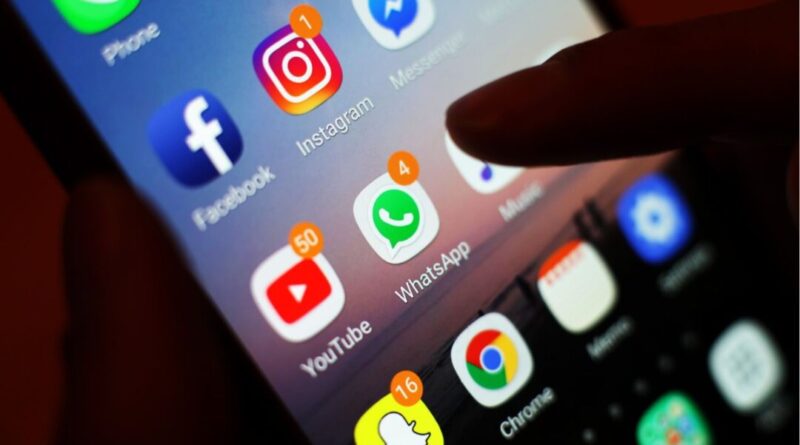New Australian Bill Bans Children Under 16 From Social Media
The bill comes after a lengthy discussion on implementing a ban.
There may soon be restrictions for children under 16 on social media, supported by the Labor government advocating for stricter age limits on digital platforms.
Prime Minister Anthony Albanese announced on Nov. 7 that if the new laws pass, they will go into effect a year later, with a review planned to evaluate their impact.
A special national cabinet meeting on Nov. 8 is set to seek approval from state and territory leaders for the policy.
Communications Minister Michelle Rowland justified the one-year preparation period, stating, “It’s to allow the government to bring this legislative intent to life and ensure it can be practically implemented.”
Currently, platforms like Instagram, TikTok, and Facebook have a minimum age of 14, though they have faced criticism for inadequate enforcement.
Platforms Responsible for Enforcement, Not Parents
Under the proposed rules, social media companies, not parents, would be responsible for enforcing the age restriction, with no penalties for users themselves.
The eSafety commissioner will provide regulatory guidance on what feasible actions platforms can take, based on a previous trial that tested age restrictions.
“We have laws, like the 18 plus rule for alcohol, that are sometimes violated. But these laws establish societal boundaries,” the prime minister explained.
Currently, the maximum fines are less than a million dollars, which Rowland stated is considerably lower than consumer law penalties.
She emphasized that the government will ensure the eSafety regulator has adequate funding to manage compliance efforts.
No Exceptions for Existing Accounts or Parental Consent
Albanese clarified that the legislation would not include grandfathering arrangements, meaning children with existing social media accounts would not be exempt, nor would parental consent provide any exceptions.
Both major political parties support raising the minimum age for social media access, with the Coalition also proposing a cutoff at 16.
Although some platforms already prohibit users under 14, enforcing age restrictions has proven challenging.
“I want parents to be able to say, ‘Sorry, it’s against the law to let you use this,’” Albanese remarked.
Youth Advocates Seek Broader Online Safety Measures
Data from ReachOut Youth Advocates shows that about 93 percent of young Australians use social media daily, with 73 percent relying on these platforms for mental health support.
In a recent Senate Committee on Social Media Use, the benefits of social media were acknowledged, but potential risks like cyberbullying, misinformation, and addictive algorithms were highlighted.
Advocates called for a comprehensive approach to online safety.
“Age verification isn’t a quick fix,” said Layla Wang from ReachOut Youth Advocates.
She pointed out the complexities of who would supervise verification—government, third parties, or platforms—and what documentation would be necessary.
Arjun Kapoor of the eSafety commissioner’s advisory council expressed concerns that poorly defined age verification plans could lead to anxiety.
“If verification ensures privacy and accuracy and is uniformly applied, young people might accept it, but those are significant requirements,” Kapoor noted.
Advocates suggest that introducing digital literacy education in schools could help students navigate social media more effectively.
“One of the main things we need is relevant education, preferably taught by young people with lived experience,” Wang suggested.
Public health-style campaigns were also recommended, featuring content promoting safe social media use.





